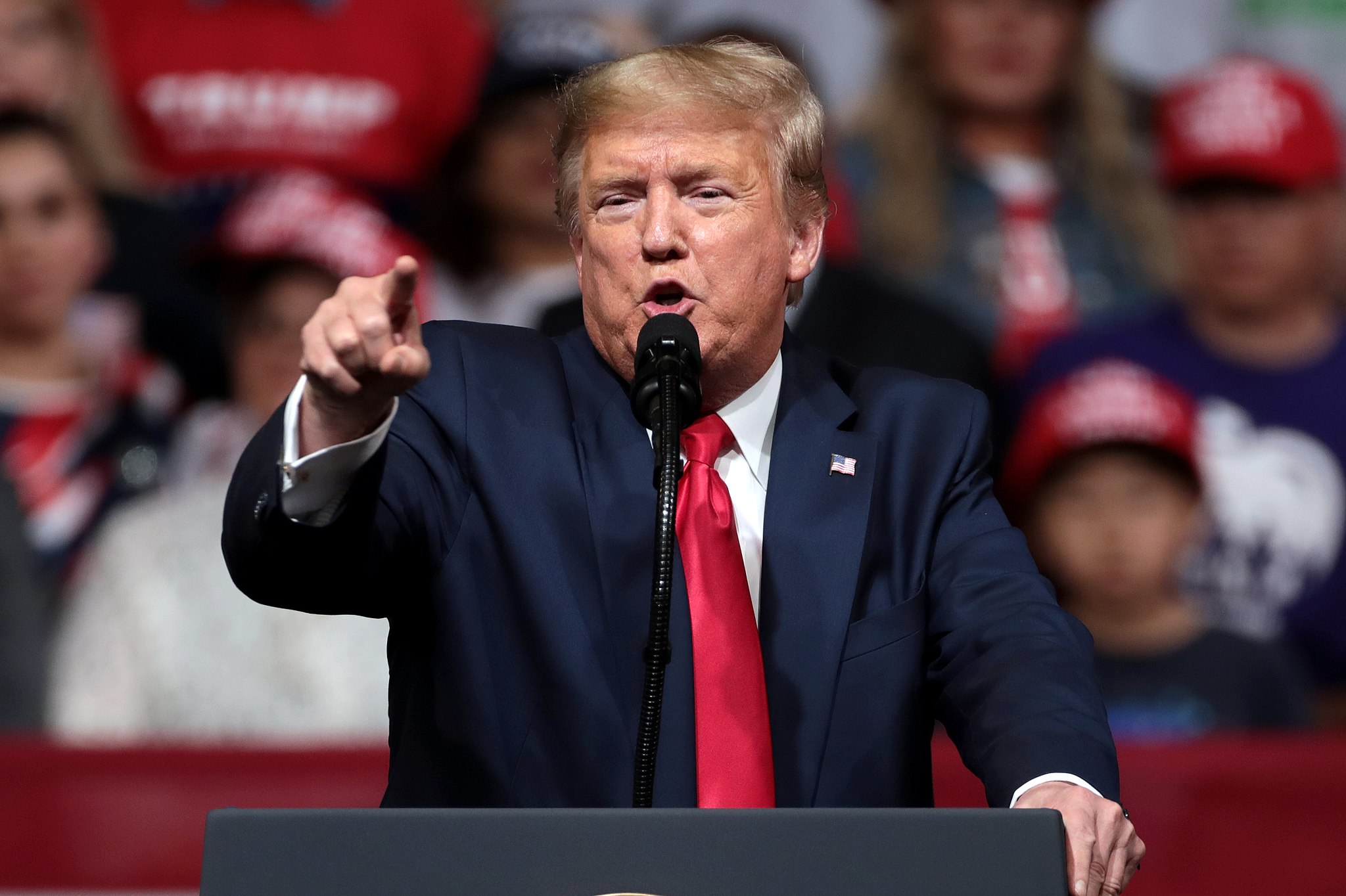This is all very bad.
If former President Donald Trump is indicted this week, it would be the first arrest of a former President in U.S. history. This potential arrest is hanging over Capitol Hill as lawmakers prepare for possible unrest in the aftermath of the arrest.
Over the weekend, Trump posted that “illegal leaks” from the Manhattan District Attorney’s Office suggested he would be arrested on Tuesday (March 21).
The supposed imminent indictment relates to the Manhattan District Attorney’s investigation of alleged hush money payments given to adult film star Stormy Daniels by Trump’s former attorney Michael Cohen.
Daniels was paid over $130,000 by Cohen not to go public with allegations she had an affair with Trump, who, at the time, was the GOP Presidential nominee.
According to Cohen’s testimony before a grand jury, Trump reimbursed Cohen for the payment to Daniels, covering them up, so they appeared to be legal fees.
Trump’s revelation followed reports that the grand jury investigating the hush money payment sent the former president an invitation to appear before the jury, signs that point to Manhattan District Attorney, Alvin Bragg, wrapping up the investigation.
Following the revelation, Trump called his supporters to protest and “TAKE OUR COUNTRY BACK!”
His adamance and perceived tone quickly brought up memories of the violent insurrection of January 6, 2021.
Many are concerned the protest would precede an arrest and escalate violently and quickly following an arrest.
Rep. Marjorie Taylor Green (R-GA.) was among the first to call on Trump’s supporters not to protest.
On Sunday (March 19), McCarthy asserted people shouldn’t protest while suggesting Trump’s statements weren’t intended to be “harmful.”
